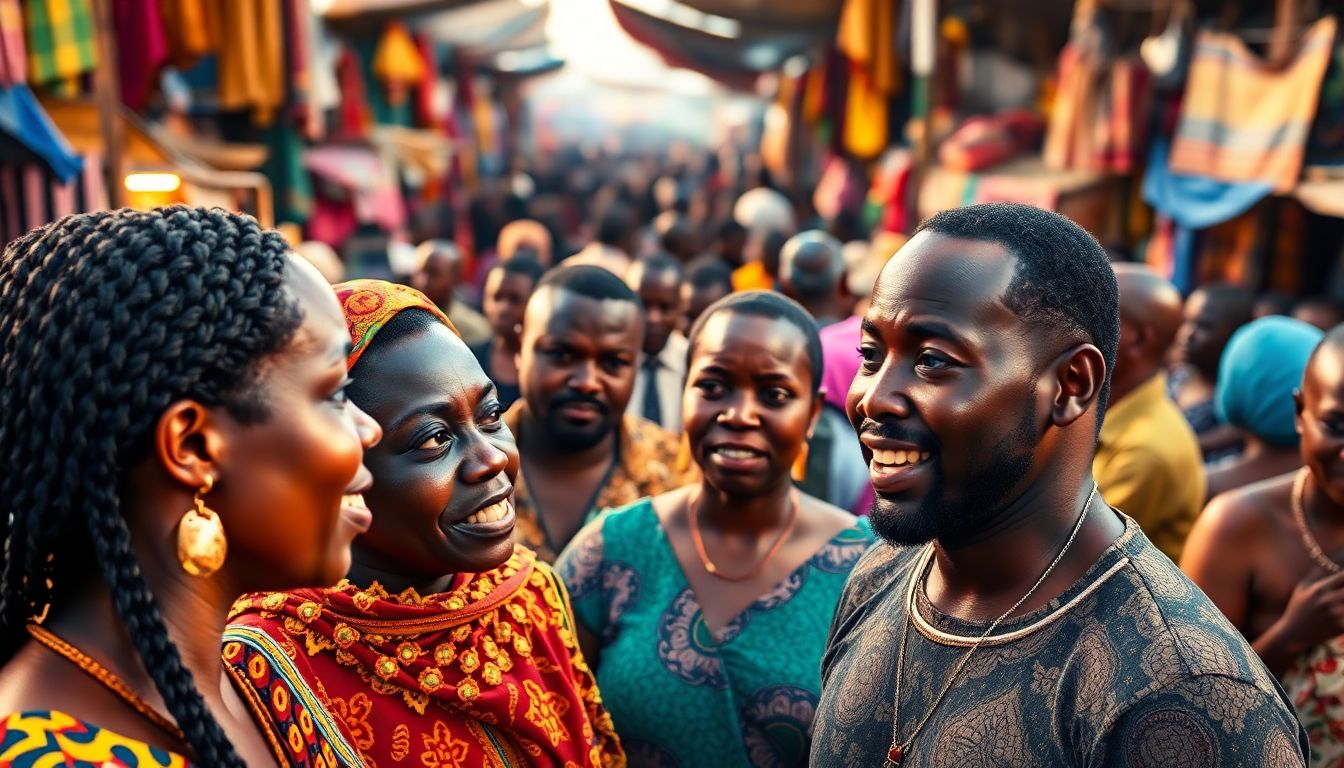A significant moment is approaching for Ghana as the nation prepares for its 2024 Presidential election. The outcome will shape the country’s future and impact over 30 million citizens. As candidates gear up to take the stage, the stakes have never been higher.
Introduction: A Nation at the Crossroads
The Stakes of the 2024 Election
Ghana finds itself at a pivotal juncture with pressing issues like the economy, education, health care, and infrastructure at play. The election is not just about choosing a leader; it’s about deciding the direction the country will take in addressing these fundamental concerns.
Key Contenders and Their Platforms
Several candidates are stepping forward, each with unique visions. Key players include:
- The incumbent president, seeking re-election.
- A prominent opposition leader with fresh ideas.
- Other candidates representing various political parties, each promoting distinct agendas.
A Look at Recent Political History
Understanding the current climate requires a look at the past few elections. Previous elections have shown trends in voter sentiment and shifts in party loyalty, setting the stage for what to expect in 2024.
The Leading Candidates: Strengths and Weaknesses
Analysis of the Leading Candidate’s Platforms
- Incumbent President: Focuses on continuity and stability, highlighting achievements in infrastructure and foreign investments.
- Opposition Leader: Advocates for change, especially in health care and education reforms, promising to address the needs of the youth.
Assessment of Candidate Popularity Based on Recent Polls
Recent polls indicate varying levels of support:
- The incumbent remains popular among older voters who value experience.
- Younger voters seem drawn to the opposition leader’s fresh approach and promises of reform.
Examination of Each Candidate’s Political Track Record
The political history of candidates plays a crucial role:
- The incumbent has a mixed record with both successes and controversies.
- The opposition leader, while less experienced, has gained public trust through grassroots movements.
Economic Factors Shaping the Election
Ghana’s Current Economic Climate and Challenges
Ghana is facing economic hurdles such as inflation, unemployment, and a rising cost of living. Understanding these issues is critical for voters.
Impact of Economic Policies on Voter Sentiment
Voters are increasingly focused on how candidates plan to tackle economic challenges. Promises of job creation and economic stability could sway public opinion significantly.
Analysis of the Candidates’ Economic Plans
- Incumbent: Promises continued investment in infrastructure projects.
- Opposition: Offers a bold agenda targeting economic reform and equitable growth.
Social Issues and Their Influence
Key Social Issues Impacting the Election Outcome
Social issues such as education quality, healthcare access, and youth empowerment are top of mind for voters. These topics will likely influence decision-making.
Public Opinion on Key Social Issues
Recent surveys show that voters prioritize education and healthcare. How candidates address these concerns could determine their success at the polls.
How Candidates are Addressing Social Concerns
Candidates are actively promoting their plans on social media, forums, and rallies, outlining how they intend to make a positive difference.
The Role of Media and Public Discourse
Media Coverage and its Potential Influence
Media plays a crucial role in shaping public perceptions. Favorable coverage can enhance a candidate’s image, while negative press can be damaging.
The Impact of Social Media on the Election
Social media platforms have become battlegrounds for ideas. Candidates are using platforms to connect directly with voters and address concerns.
Analysis of Public Discourse Surrounding the Election
The tone of public discourse is becoming increasingly polarized, making it essential for candidates to communicate effectively and address the issues at hand.
Predicting the Outcome and its Implications
Potential Election Scenarios and their Probabilities
Several scenarios could unfold:
- The incumbent could secure a second term if he maintains support among older voters and delivers on promises.
- A shift toward the opposition could signal a desire for change, especially among young voters.
Analysis of Possible Post-Election Outcomes
- Incumbent Victory: Potential continuity in policies but possible unrest from opposition supporters.
- Opposition Win: Could lead to substantial changes in government policy and public expectations.
Recommendations for International Observers and Stakeholders
International observers may want to focus on ensuring fair election practices and supporting transparent processes to enhance legitimacy.
Conclusion: Ghana’s Path Forward
Key Takeaways from the Election Analysis
The 2024 Presidential election in Ghana is more than a contest for leadership; it’s a critical moment for defining the nation’s future.
Looking Ahead: Post-Election Challenges and Opportunities
The winning candidate will face immediate challenges, from uniting a divided populace to addressing urgent economic needs.
The Importance of Peaceful Transition of Power
Regardless of the outcome, it’s imperative to uphold democratic values and ensure a peaceful transition for the stability of the nation.
Voters must be informed and proactive, as their choices will shape the future of Ghana. Engage in conversations, attend debates, and make your voice heard!

AdHang is a political campaign agency with 15 years plus in the Industry.
Want to lead the polls? Hire AdHang for your campaign needs. We’ll help you connect and succeed. Don’t wait, reach out now!
